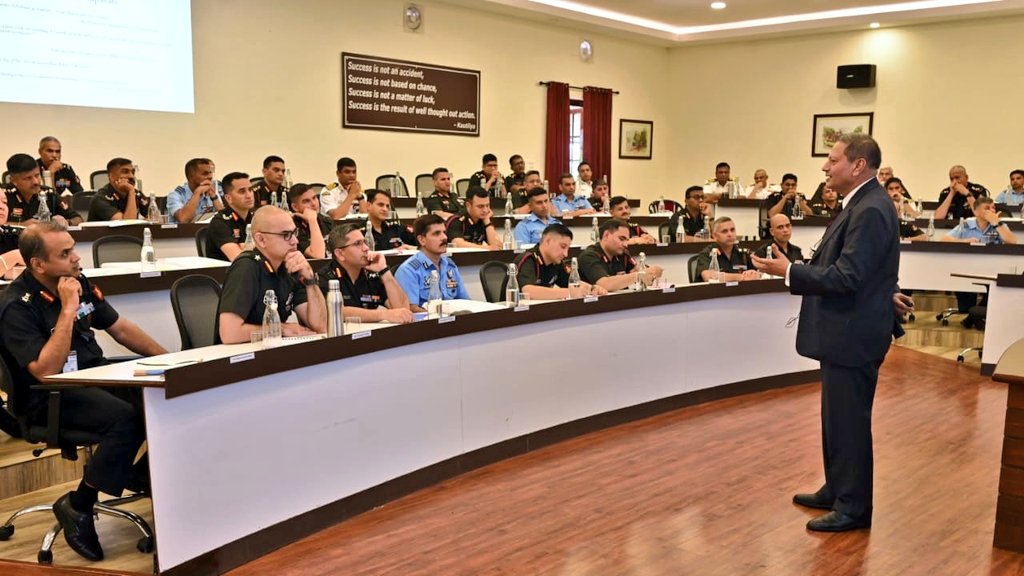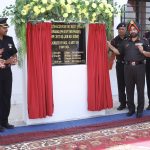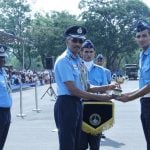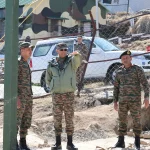The Defence Services Staff College (DSSC), Wellington, recently hosted a comprehensive Faculty Development Programme (FDP) as a precursor to the commencement of Staff Course – 80.
Spanning six days, the programme featured a series of insightful sessions led by esteemed academicians and military scholars, focusing on innovative learning methodologies and advanced training techniques for trainers.
The FDP was inaugurated by Lt Gen R. Nambiar, Commandant of DSSC, who emphasized the importance of continuous professional development for faculty members to ensure the highest standards of military education.
The primary objective of the programme was to equip the teaching staff with modern pedagogical skills and to foster a culture of innovation and excellence in military training.
The programme featured notable speakers from diverse fields, each bringing a wealth of knowledge and experience to the sessions. Among them were Mr. Sanjeev Chopra, IAS (Retd), and Prof. Sudhir Voleti from the Indian School of Business (ISB).
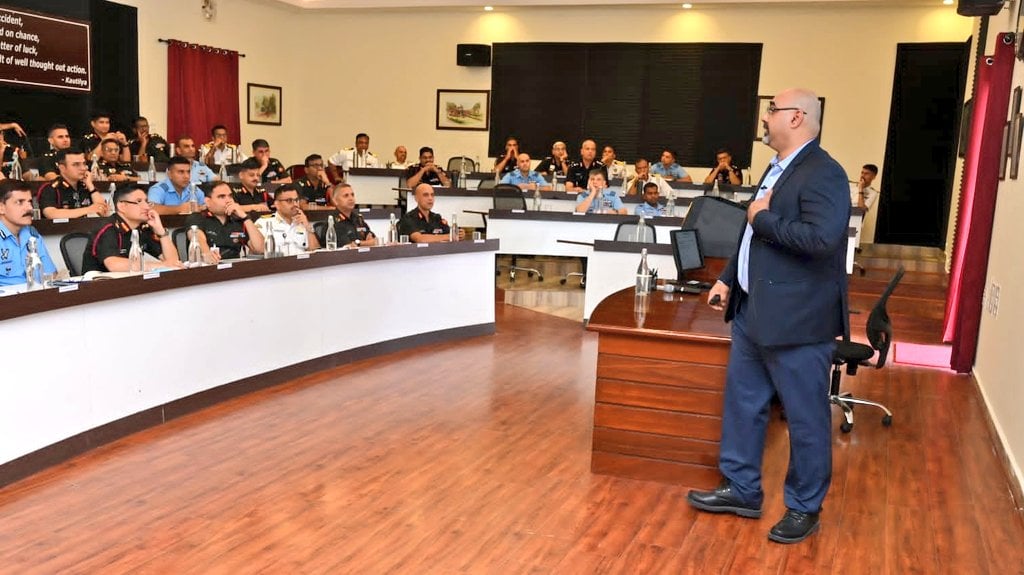
- Mr. Sanjeev Chopra, IAS (Retd), shared his vast experience in public administration and his insights into innovative learning strategies. He emphasized the importance of adaptive learning and the integration of technology in education. His session highlighted the need for a dynamic approach to teaching that caters to the evolving needs of military personnel.
- Prof. Sudhir Voleti, ISB, renowned for his expertise in business strategy and analytics, conducted a session on the application of data-driven decision-making in military training. He discussed the significance of evidence-based teaching practices and the role of analytics in enhancing the effectiveness of training programs.
The programme also featured distinguished military scholars who provided a unique perspective on various aspects of military education.
- Col. MK Mandanna (Retd), an expert in military communication, led a session on effective communication strategies. He stressed the critical role of clear and concise communication in operational success and provided practical tips on improving interpersonal and organizational communication within the military framework.
- Capt. (IN) Raghavendra Mishra (Retd), a seasoned strategist, delved into the complexities of Operational Art. His session focused on the principles of operational planning and execution, underscoring the importance of strategic thinking and meticulous planning in achieving mission objectives.
The FDP included several interactive workshops and group discussions designed to foster collaboration and knowledge sharing among the participants. These sessions provided a platform for faculty members to exchange ideas, discuss challenges, and explore innovative solutions.
- Workshop on Innovative Learning Methods: Participants engaged in hands-on activities to explore new teaching methodologies, including problem-based learning, simulation exercises, and the use of digital tools in the classroom.
- Group Discussion on Training of Trainers: This session focused on best practices for training trainers, ensuring they are well-equipped to deliver high-quality education. The discussion emphasized the importance of continuous learning and professional development for instructors.
The Faculty Development Programme concluded with a closing address by Lt Gen R. Nambiar, who lauded the efforts of the speakers and participants. He reiterated the importance of such initiatives in maintaining the DSSC’s reputation as a premier institution for military education.
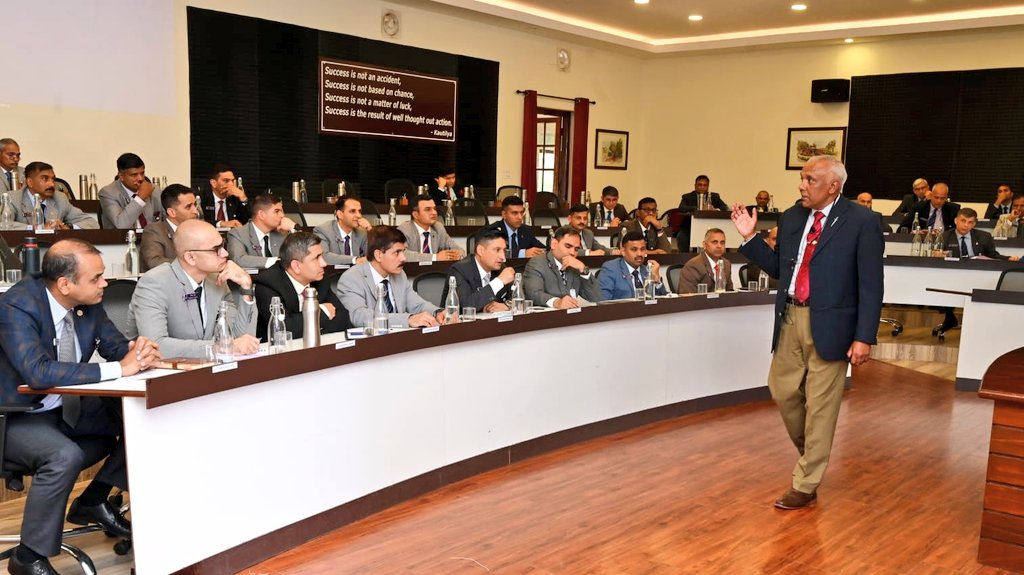
The success of the FDP has set a positive tone for the upcoming Staff Course – 80, reflecting DSSC’s commitment to excellence in military education.
The knowledge and skills acquired by the faculty members are expected to translate into more effective and innovative teaching methods, ultimately benefiting the officers who will undergo the course.
As DSSC Wellington continues to evolve and adapt to the changing demands of military education, programmes like the FDP play a crucial role in ensuring that the institution remains at the forefront of military training and professional development.
The collaborative efforts of the faculty, coupled with the insights from esteemed speakers, promise to elevate the standards of military education and prepare future leaders for the complex challenges of modern warfare.

